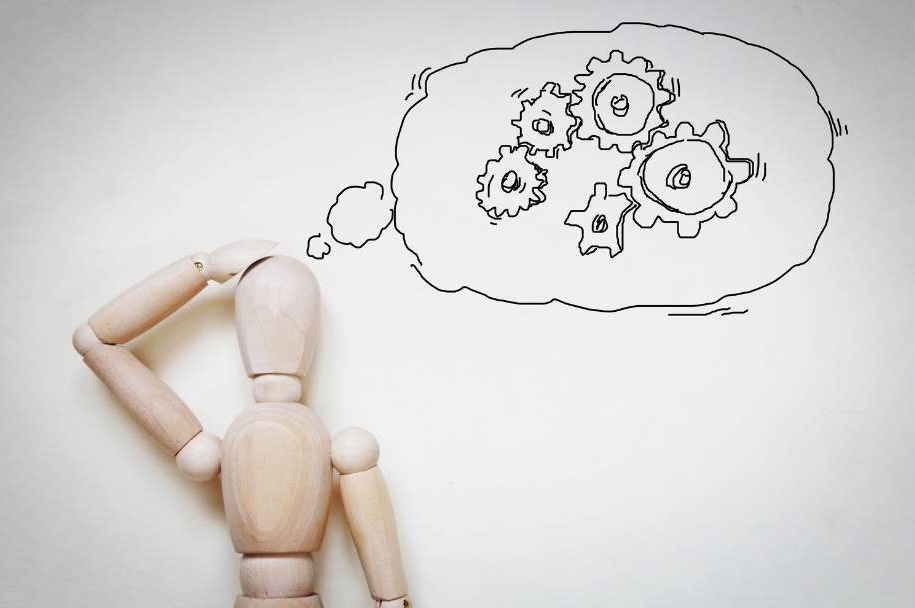Frontline Leadership Excellence Certificate Program

What is a Frontline Leader?
Frontline leaders are the ones in the middle of it all: the coordinators, team leads, managers, or department heads whose work is essential to keep teams aligned and projects on track.
Why These Skills Matter
Today’s frontline leaders face more complexity than ever. They’re balancing shifting priorities, leading hybrid teams, and working against tight timelines, often while trying to support people who are stretched thin. They’re pulled into back-to-back meetings, asked to deliver results quickly, and expected to model calm, clarity, and confidence in every interaction.
And yet, they have never been given the time, training, or space to build the skills that make that possible. Too often, they’re directed to programs that emphasize big-picture planning and organizational change, when what they really need is training that's practical and relevant, focused on the daily challenges of guiding teams, overseeing daily operations, and keeping work on track.
Frontline leaders need a distinct approach because leading people is a unique skill set. It involves conversations that don’t always have easy answers, documents that need to be clear under pressure, and moments where listening well matters more than having the right answer. However, few supervisors and managers are given the chance to build these capabilities in a way that feels relevant and supportive. Without them, it’s easy to fall back on avoidance, confusion, or frustration, despite good intentions. Even highly capable frontline leaders can feel overwhelmed and unsupported when they’re left to figure it out on their own.
When those skills are missing, the impact spreads. Meetings stall, expectations are unclear, and trust begins to wear down. People stop asking questions or offering input. Morale suffers, burnout builds, and strong contributors leave. It’s not because they don’t care, but because the structure and support they need aren’t there. Even strong teams lose momentum when they don’t have steady, skilled supervisors to support and guide their work.
The Frontline Leadership Excellence Certificate Program was designed to change that. It builds the skills that most leadership training overlooks. It focuses on what frontline leaders actually do each day: writing, speaking, listening, asking questions, solving problems, and supporting others. These courses provide participants with the opportunity to try out new skills, work through real-world challenges, and ask the tough questions they may not have time to explore otherwise. This is not just theory. It’s a chance to practice and improve the parts of leadership that matter most.
Unlike many leadership programs, this one is shaped by plain language and real-world relevance. It’s led by experienced facilitators who understand the challenges today’s leaders face, because they work with them every day. The sessions are modular and focused on helping people do their jobs. There’s no jargon, no fluff—just essential skills, built one step at a time.
The program includes ten focused workshops, each designed to build a key leadership skill through practical, real-world learning.
Influence and Collaboration
Learn how to spot behaviour patterns, understand different communication preferences, and use strategies that make collaboration easier.
Writing for Impact and Results
Practice writing emails, reports, and messages that are clear, concise, and easy to act on, using plain language techniques that improve understanding.
Navigating Difficult Conversations with Confidence
Develop your confidence and skill in addressing tough issues. Learn how to stay calm, focused, and constructive during challenging conversations.
Effective Delegation
Build your ability to delegate in a way that sets people up for success. Learn how to clarify expectations, follow up, and build accountability.
Performance Development and Learning
Explore how to identify the root causes of performance gaps and respond with strategies that support growth, accountability, and clear expectations.
Strengthen Teams and Prevent Burnout
Recognize the signs of stress and disconnection in your team, and learn how to respond in ways that support well-being and strengthen team culture.
Facilitation Skills
Strengthen your ability to lead meetings, workshops, and group discussions with clarity and confidence, even when things don’t go as planned.
Developing Your Negotiation Skills
Learn how to prepare for and lead negotiations that are thoughtful, fair, and productive—while still standing up for your goals and needs.
The 3-Part Thinking Process
Sharpen your ability to think critically, solve problems, and analyze situations using a simple, structured approach. This session helps you slow down your thinking, assess decisions more clearly, and avoid common errors in judgment.
Spark New Ideas and Fuel Results
Use practical tools to generate creative ideas, overcome mental blocks, and turn team input into actionable steps that move work forward.
Each workshop in the Frontline Leadership Excellence Certificate Program is built around practical learning that connects directly to your role as a frontline leader. You’ll work through real workplace scenarios, participate in guided activities, and have space to reflect on how these skills apply to your team, your challenges, and your goals. The sessions are interactive and supportive, giving you time to test new tools, ask tough questions, and build your skills with guidance from experienced facilitators.
Workshops include a mix of individual reflection, small group discussion, partner activities, and scenario-based practice. You’ll walk away with strategies you can use right away, as well as resources and templates to support your continued growth. Whether you're refining your writing, preparing for a negotiation, or practising a difficult conversation, the focus is on building skills that transfer immediately to your work.
You’ll also receive a participant workbook for each session that includes key concepts, planning tools, templates, and personal action steps.
This program is designed for those in supervisory, management, coordination, or project-based roles where communication, decision-making, and people leadership are essential. Unlike leadership programs that focus on broad initiatives, this certificate will equip you with the practical, hands-on skills you need every day to guide staff, keep projects moving, and resolve challenges as they arise.
- Lead a team and want to strengthen your everyday communication and frontline leadership skills
- Are stepping into a supervisor or management role and want a strong foundation to build on
- Support performance and development, but feel unsure how to have the right conversations
- Struggle with challenges like unclear expectations, difficult conversations, or team stress
- Want to build confidence and clarity in how you lead, delegate, and guide others
Participating in this program will give you the tools, practice, and confidence to lead more effectively, build stronger relationships, and support your team in a way that is practical, respectful, and results-oriented.
- Practising conversations, writing, or planning tasks in response to real-world scenarios
- Reviewing strategies and models that support everyday leadership decisions
- Reflecting individually and in groups on leadership habits and workplace situations
- Testing different approaches and comparing techniques with others
- Creating a personal action plan to apply what you've learned in your current role








